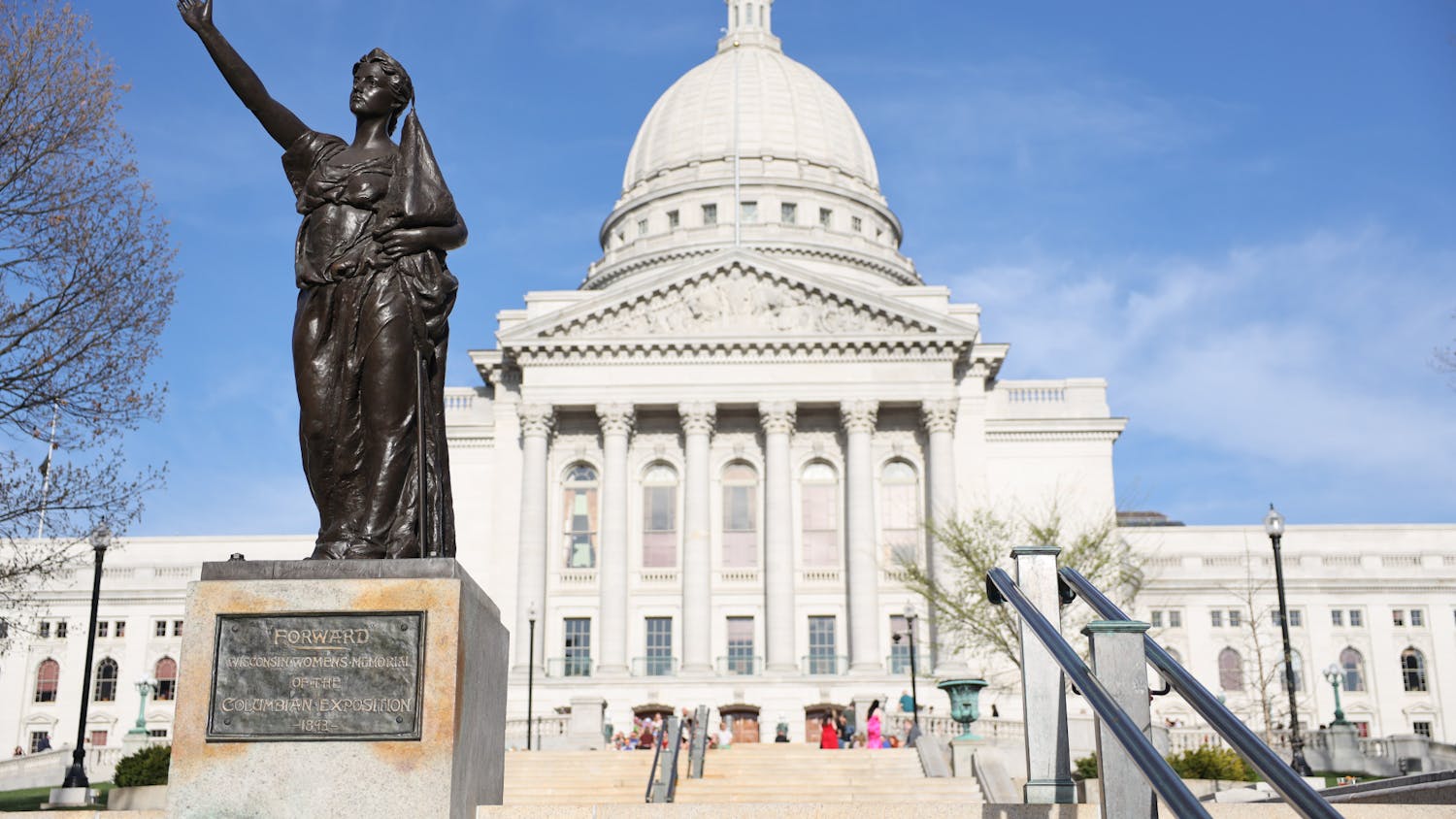Across the globe, workers struggle through terrible working conditions each day for pennies on the hour. UW-Madison's Student Labor Action Coalition fights for a fine set of ideals when they ask the university to adopt a resolution that could improve working conditions worldwide by requiring all UW apparel licensees to give workers the right to freely form unions.
Rightly so, Chancellor Wiley questioned the 'sweat free resolution' in a letter sent to ASM just before leaving for South Africa. As Chancellor, and someone responsible for the long term fiscal health of UW-Madison, Wiley is correct to be wary of a resolution that could cut into the huge fiscal benefits UW-Madison gains from granting companies the permission to use UW trademarks.
The resolution has strong legal support and, if enforced, would improve working conditions. However, a law is only as good as the enforcement mechanism, in this case, the Workers Rights Consortium.
At first glance, WRC seems to be a reliable enforcement mechanism. A study in the journal Politics and Society rated WRC the top collegiate apparel industry labor monitoring organization. However, it is also clear that a top rating alone does not mean WRC is capable of enforcing this resolution.
According to www.guidestar.com, which catalogues the tax forms of all non-profit organizations, WRC has a budget of only $836,000. It is simply not practical to monitor all the factories worldwide that produce UW apparel.
WRC has been forced to adapt their strategy as a result of their practical capabilities. According to the study Politics and Society, WRC conducts in-depth, continuous investigations on a small number of factories based on worker complaints. Certainly this is better than no inspections, but it will never be enough to enforce SLAC's broad resolution.
Until there exists a regulatory body capable of enforcing this resolution, Chancellor Wiley should be wary of lending his support.





